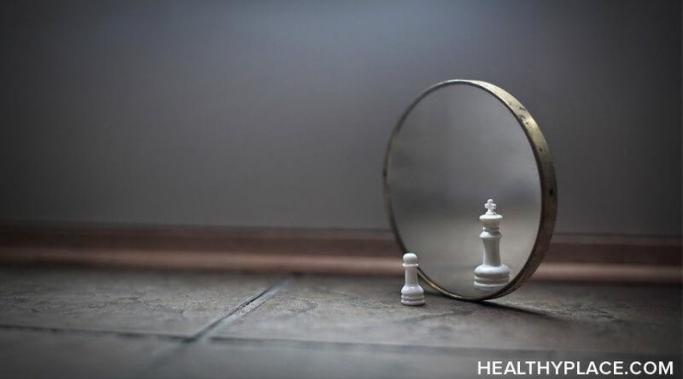Blogs
Mental illness can impact a family in many ways, and the children of parents with mental illness need loving support. Children are very sensitive and sometimes clue into differences in behavior that adults miss. As adults, we are often caught up with other concerns: our careers, finances or the latest Netflix series, to name a few. We sometimes forget to pay attention to those around us and may overlook subtle changes. Children, on the other hand, notice everything. I say this from experience: children of parents with mental illness see and feel all of it.
Social anxiety is very much like a germ. It strikes when it wants to, even after we've endured a social situation or event. As a germ, social anxiety can make us feel unwell. If you've experienced social anxiety, you might be accustomed to it striking as you anticipate an interaction and flaring during the situation. This is a typical pattern that social anxiety follows; however, it's not the only pattern. Sometimes, we don't become anxious until after the socializing is over. It's frustrating when you've successfully navigated an experience with other people and then bam! Social anxiety strikes after the fact. The germ has entered the body.
Your child has been diagnosed with depression. Now what? You're overwhelmed. You already have a depression diagnosis yourself. How can you cope with both your depression and that of your child's? Take a breath. Relax. Let's walk through this together.
When discussing the process of building self-esteem, we often focus on the journey from low self-esteem to healthy self-esteem. But something that often gets left out in this conversation is the danger of building too much self-esteem. Yes, it is possible to have self-esteem that is so high that it causes issues in your life.
Most people fall victim to the time-related “planning fallacy,” but those with attention-deficit/hyperactivity disorder (ADHD) are especially susceptible. The planning fallacy is the assumption that a task will run smoothly and quickly, in spite of the average length of time and number of obstacles that particular task usually involves. People with ADHD struggle with time-blindness and organization, so this fallacy is a particularly challenging one.
I'm feeling like an insomniac this week. I've written in the past about what to do when anxiety keeps you awake. At that point I was writing with some distance -- this week, however, I've found myself unable to sleep well almost every night.
As if this illness was not destructive enough already, a harrowing trend has developed in recent years, whereby the presence of eating disorders in young children has become more and more rampant. In fact, the number of children under the age of 12 who exhibit symptoms of an eating disorder has risen to the extent that anorexia and bulimia are now more common pediatric illnesses than type-2 diabetes. This is an alarming data point and combined with the reality that eating disorders are often undiagnosed or inadequately treated, this leaves many children at an increased risk for complications in both their physical growth and mental health as they become older. For this reason, it is crucial to understand how to identify the presence of eating disorders in young children, then to seek prompt and thorough intervention for them.
It is difficult to avoid burnout because it's difficult to know if our stress levels are typical or problematic. The emphasis on success and achievement in our culture encourages us to push to our breaking points in the name of productivity. If you value your mental health as much as I do, you might struggle with the conflict between meeting expectations at work and maintaining a healthy personal life. I've found there are ways I can avoid burnout with good self-care practices.
My anxiety is at its worst right before going to bed. Many times, sleep is delayed or even prevented by my anxiety. I tend not to enjoy night-time, because I know that I'm going to feel anxious as soon as my head hits the pillow.
Most of us resist mental health recovery at some point because mental illness has become our identity. Who will we be without mental illness? This series of posts will address some different reasons for resistance, starting with a personal battle of mine: staying sick because it has become my identity.









